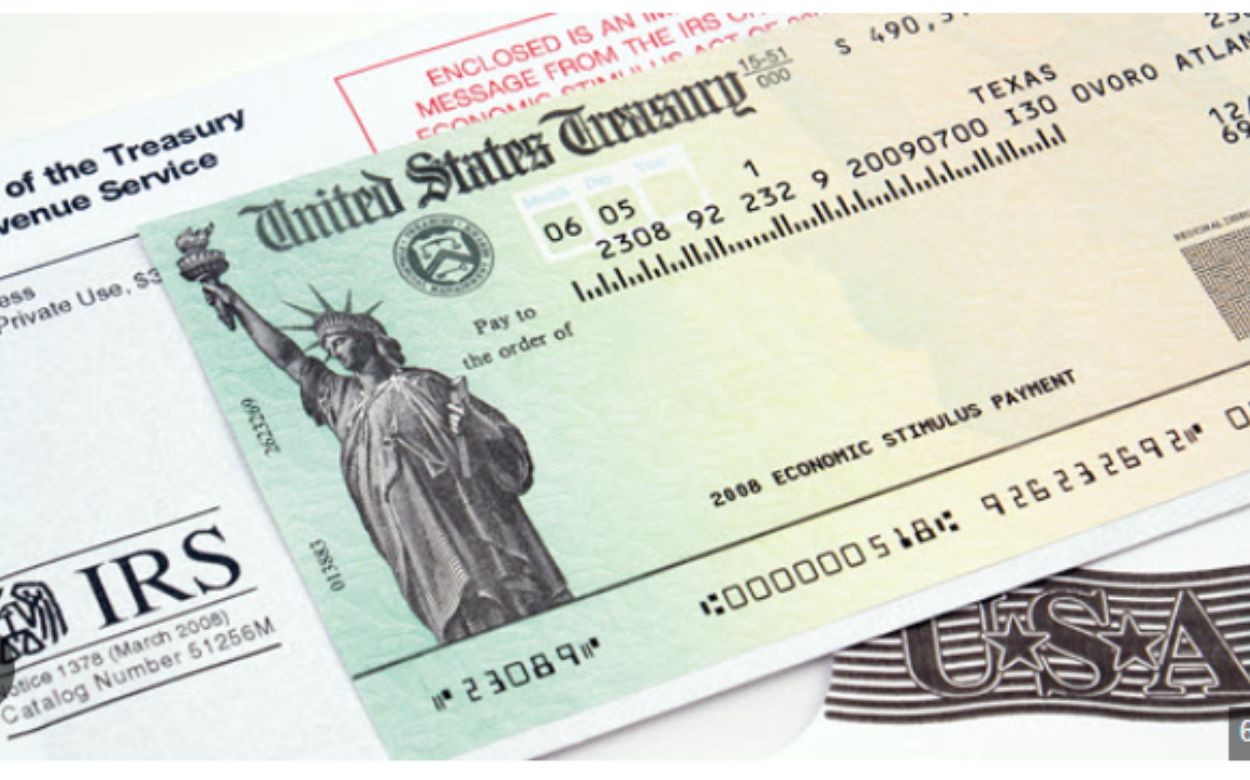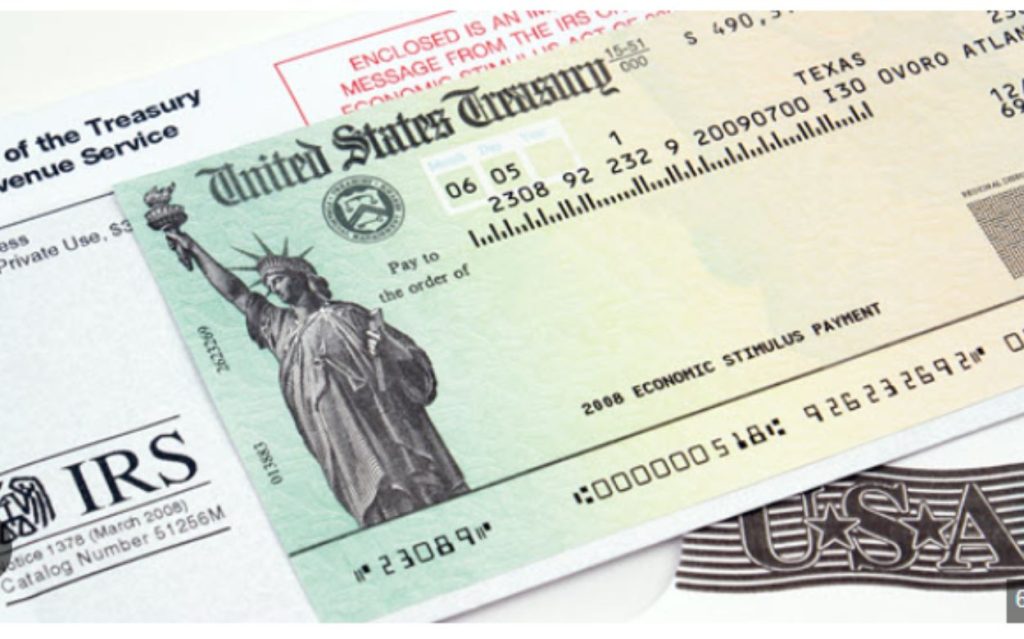Texans who did not get a stimulus payment under the Recovery Rebate Credit in 2021 may receive a surprise payout by the end of January. In December, the Internal Revenue Service said it would begin paying one million taxpayers who did not claim them while completing their 2021 tax forms. The IRS said the decision was made after evaluating internal data that revealed eligible individuals who submitted a return did not claim the credit. The Recovery Rebate Credit is a “refundable credit for individuals who weren’t given one or more Economic Impact Payments (EIP), also known as stimulus payments,” stated the IRS.

What do I need to do to get a stimulus check?
According to the IRS, qualified taxpayers do not need to do anything to receive stimulus funds, issued automatically in December and should come by late January this year. According to the IRS, taxpayers will be compensated by direct deposit or physical check. The payment will be transferred directly into the bank account shown on the qualified person’s 2023 tax return or mailed to the address on record.
Will I get a stimulus cheque in 2025?
Eligible taxpayers will get a second letter informing them of the upcoming stimulus cash. In addition to the reminder letters, taxpayers can review their 2021 tax returns to check if they left the Recover Rebate Credit box blank or filled it out with $0. The IRS defines persons who receive the payment as “taxpayers for whom IRS data indicates qualification for the credit.”
How much money will I receive?
Stimulus payouts may vary, but according to the IRS, each eligible taxpayer can get up to $1,400. According to the revenue service, the expected amount distributed countrywide is $2.4 billion.
What if I did not file my 2021 tax return?
The IRS stated that those who did not submit a 2021 tax return may still be eligible for the stimulus check if they file their 2021 return and claim the Recovery Rebate Credit before April 15, 2025. “Eligible taxpayers that failed to file must file a tax return to claim a Recovery Rebate Credit, regardless of whether their income from a job, business or other source was low or non-existent,” according to the Internal Revenue Service.

